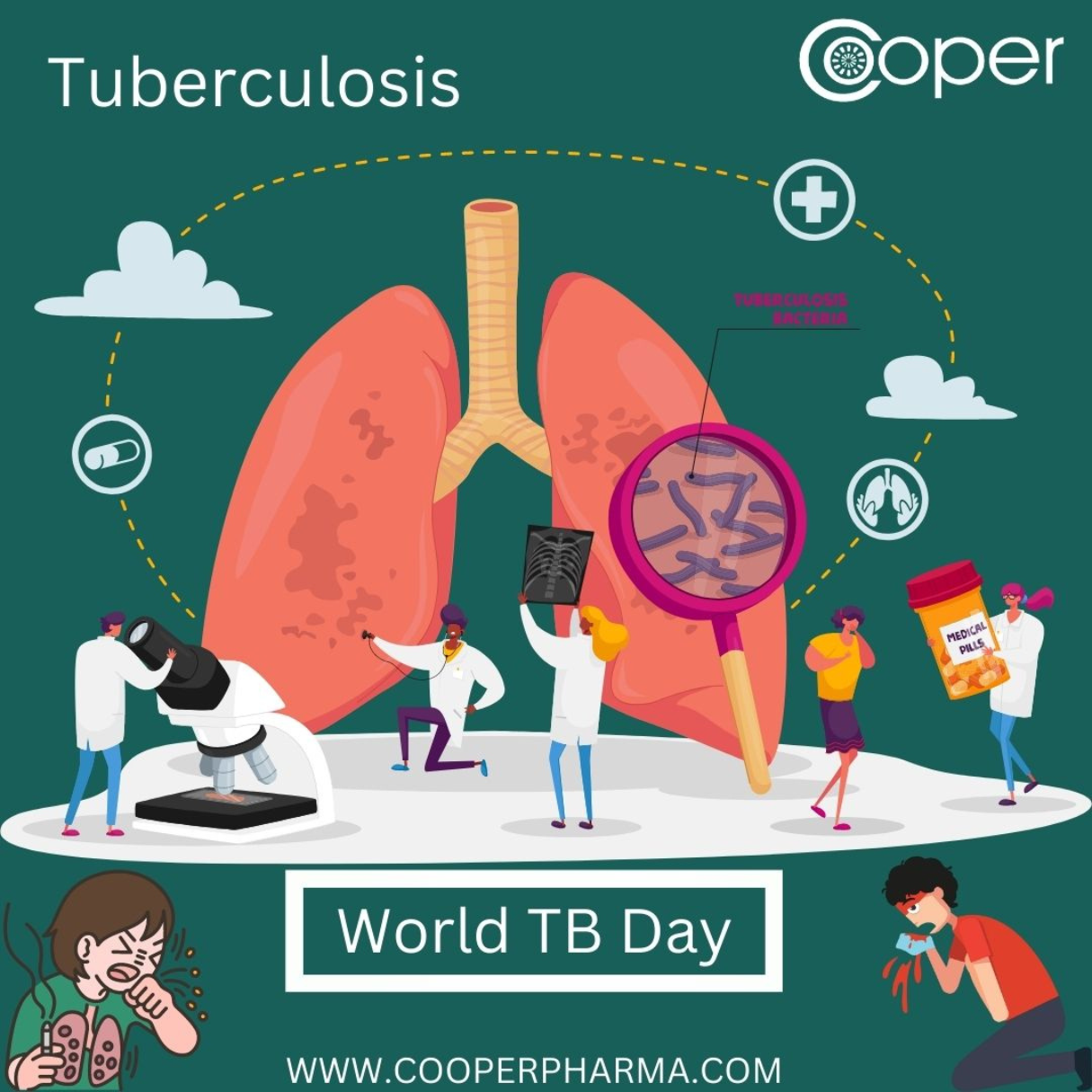The Relationship Between Hormones And Weight Loss
Recent Blog
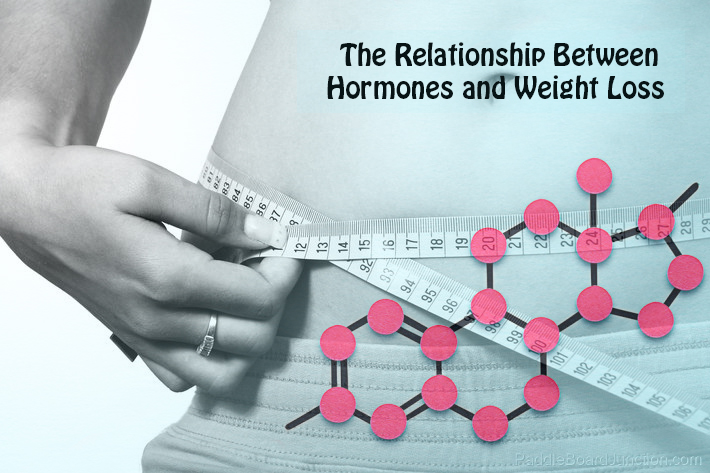
The Relationship Between Hormones And Weight Loss
Date:- 2018-09-28 00:00:00
Hormones are the chemical messengers that travel through the bloodstream to tissues and organs and regulate the metabolism and heart rate. Hormone plays a vital role in getting energy from food that body requires on daily basis, e.g. Insulin. They also carry out other body’s functions like growth and sexual development, swing mood in activities such as sleeping, eating, manage stress etc. When hormones are balanced, they get the body to thrive. But sometimes hormone levels are too high or too low. Hormone imbalances can occur at any time regardless of one’s age and cause serious health problems requiring ongoing medical management. Fluctuating hormones monthly may impact your energy levels and moreover your weight and may go throughout the course of your life as you go from puberty to adulthood and then into menopause. Hormone fluctuating plays role in weight gain and most probably if you are entering a menopause.
Reducing weight is not the minor task. You have to be careful while reducing weight and have to be proper care of your whole body. There are few hormones that affect your weight and how to balance them naturally to lose weight and feel great.
- Insulin
- Estrogen
- Progesterone
- Cortisol
- Thyroid
- Leptin
Estrogen
While estrogen levels decrease during menopause, if your progesterone levels are decreasing more than your estrogen, you can still have estrogen dominance. Estrogen dominance is really about the ratio of estrogen to progesterone—if you have too much estrogen compared to your progesterone (no matter how little it is) you can gain weight and store more fat around your middle. Women seeking to lower their estrogen levels naturally aim for 35 to 45 gram of fiber per day.
- To avoid estrogen dominance, maintain a balance between progesterone and estrogen. Eating fiber will remove any extra estrogen from the body. Eliminate excess sugar or processed foods
- Exercise daily to promote detoxification
Insulin
The most widely concerned thing is sugar that travels in your blood while taking carbohydrates in terms of food. Insulin is secreted by the pancreas in response to regulating blood sugar i.e. glucose from a carbohydrate -rich diet (sugars and other refined carbohydrates) in your body. Because insulin is a fat storage hormone, it will keep your metabolism in chronic fat storage mode. If you’re overweight or even skinny fat and your body’s glucose regulator (insulin) gets thrown off balance and you have a harder time losing weight. In addition, if you tend to eat sugary foods throughout the day and insulin working overtime from eating an excess of carbohydrates, our cells stop responding to that signal effectively and after a while becomes resistant. Then it stores it as fat. Diabetes is a disease of insulin resistance  . More and more insulin is required to get the same response, eventually; the beta cells in the pancreas are overwhelmed and are unable to produce enough insulin to maintain healthy blood sugar. You end up hyper-glycemic, diabetic.
. More and more insulin is required to get the same response, eventually; the beta cells in the pancreas are overwhelmed and are unable to produce enough insulin to maintain healthy blood sugar. You end up hyper-glycemic, diabetic.
Naturally balance your insulin levels include:
- Starting the day by drinking filtered water with two tablespoons of apple cider vinegar to regulate your blood sugar first thing in the morning.
- Getting enough protein with every meal
- Eating smaller (healthy) meals more often
- Eating low-glycemic carbs (fruits, beans, non-starchy veggies)
- Eliminating added sugars from your diet
Leptin
Leptin is a hormone i.e. produced by body fat cells and is released during the time when the stomach is full. Its function to tell your brain that you are full of stomach. This acts as a signal to stop eating. When Leptin signalling is working properly, your appetite is suppressed and your desire to eat stops. When you are over-eating, your brain cells unable to recognize signals that are coming from the receptors of leptin to stop receiving the signal when you overeat. This leads to weight gain. Improve leptin signalling can reducing the amount of fructose in your diet. Reducing body fat levels over time will, of course, result in less leptin being produced and released. Sleep deprivation also reduces leptin levels.
The ways to balance your leptin levels include:
- Taking an Omega 3 supplement or eat more Omega 3 rich foods such as fish, grass-fed meats, and chia seeds
- Decreasing your fructose intake by eating little to no added sugar
- Exercising regularly
Cortisol
Cortisol is a stress hormone that affects your appetite and eating habits. Cortisol can be triggered during a stressful condition and while you are eating food, your body craves for the sugar and fat you eat for getting quick energy to fuel. Having the right cortisol balance is essential for human health and can create problems if your adrenal gland secretes too much or too little. Elevated cortisol reduces the body’s ability to release fat to use as fuel. Interestingly, high cortisol levels seem to manifest as excess belly fat, depression, sugar cravings, and food addictions that is not good for health.
The ways you can naturally lower your cortisol levels include:
- Reducing stress
- Meditation
- Limiting caffeine intake in your daily life
- Regular and constant sleep
- Boost your serotonin levels that counteract your stress by staying happy calming mood and eat food i.e. rich in folates.
Thyroid
Abnormal thyroid hormone levels can contribute to body weight issues. The relationship between the thyroid hormone and body weight affects metabolism in adults. Overproduction of thyroid hormone (hyperthyroidism) will often increase not only hunger and eating but also one’s basic metabolic rate, causing more energy stores to be “burned off” than usual, resulting in weight loss despite an increased appetite.
Hypothyroidism is associated with decreased metabolic rate that leads to weight gain. Other effects are also seen in hypothyroidism are fatigue, achiness and mood swinging which limits capacity to do exercise. Selenium is often recommended for women having hypothyroidism in their regular meals.
Therefore, the hormones that affect the body to lose fat have discussed above, giving an idea that prevents the action in the human body. The best way to manage your weight is to respect your body’s needs and work on the ways mentioned above and also consult with your doctor. Do exercises regularly might help in improving mood and health, reducing stress, enhance sleeping will impart in controlling your hormone levels, making fat loss an enjoyable task that is with your lifestyle.

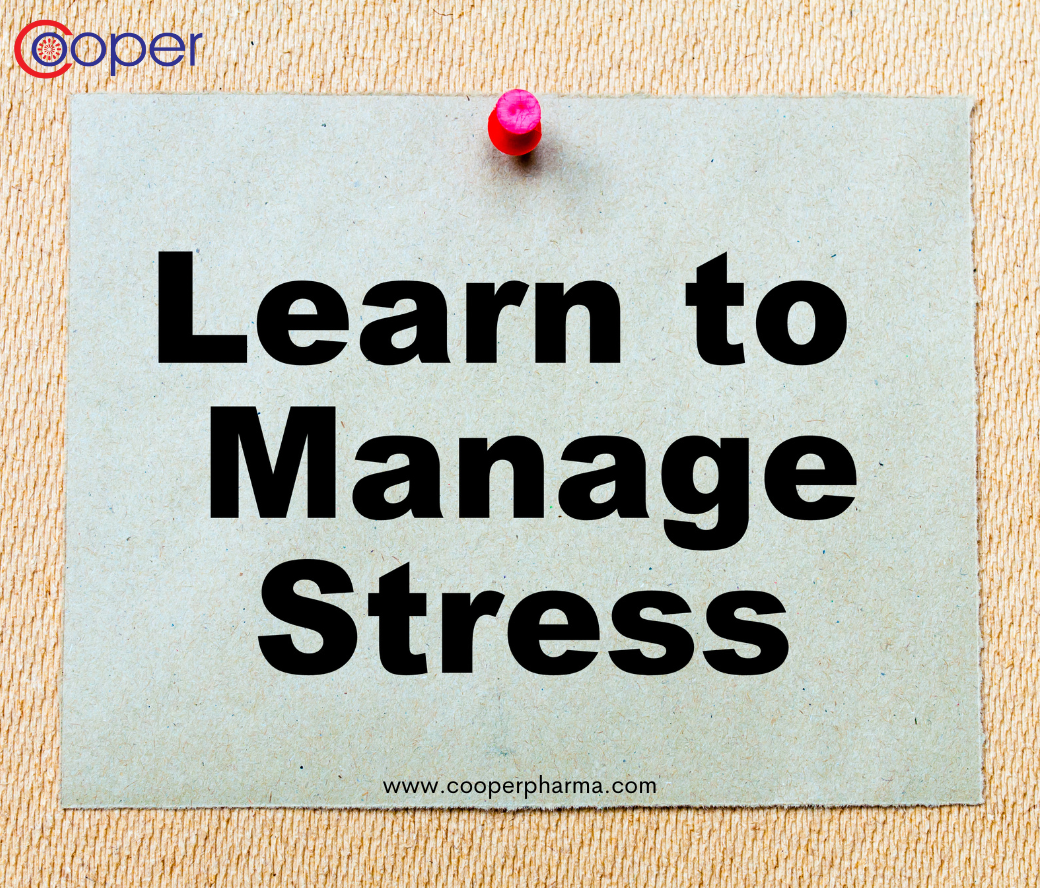
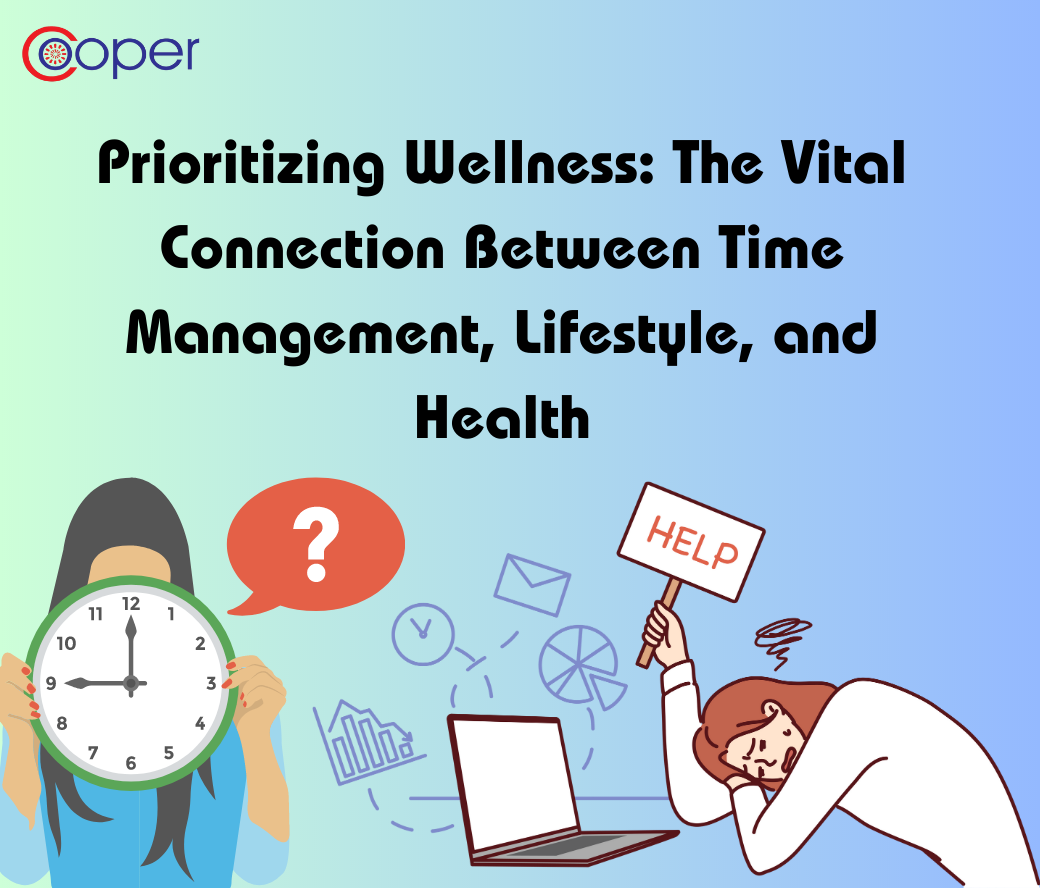

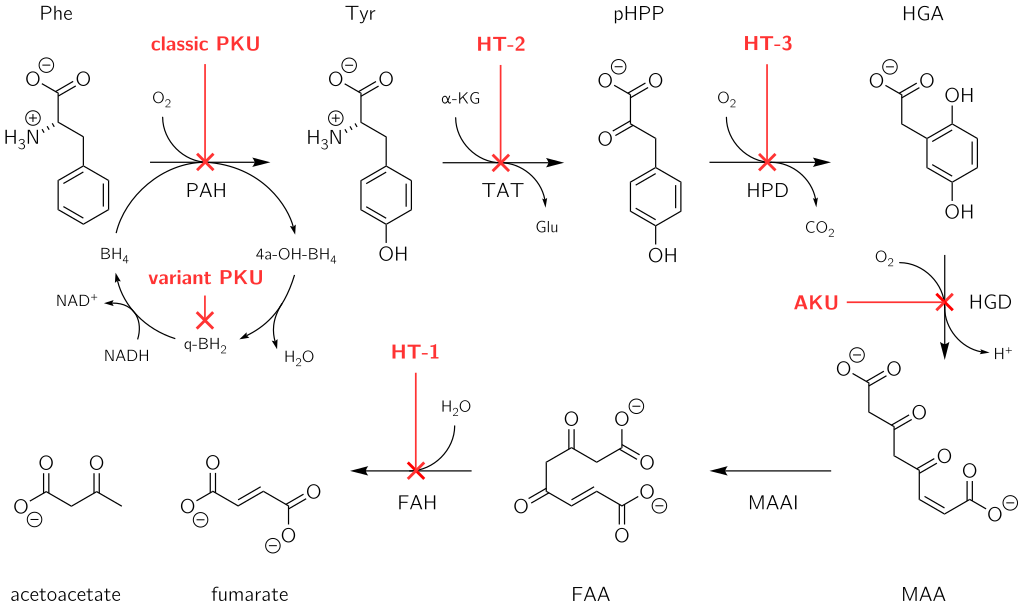

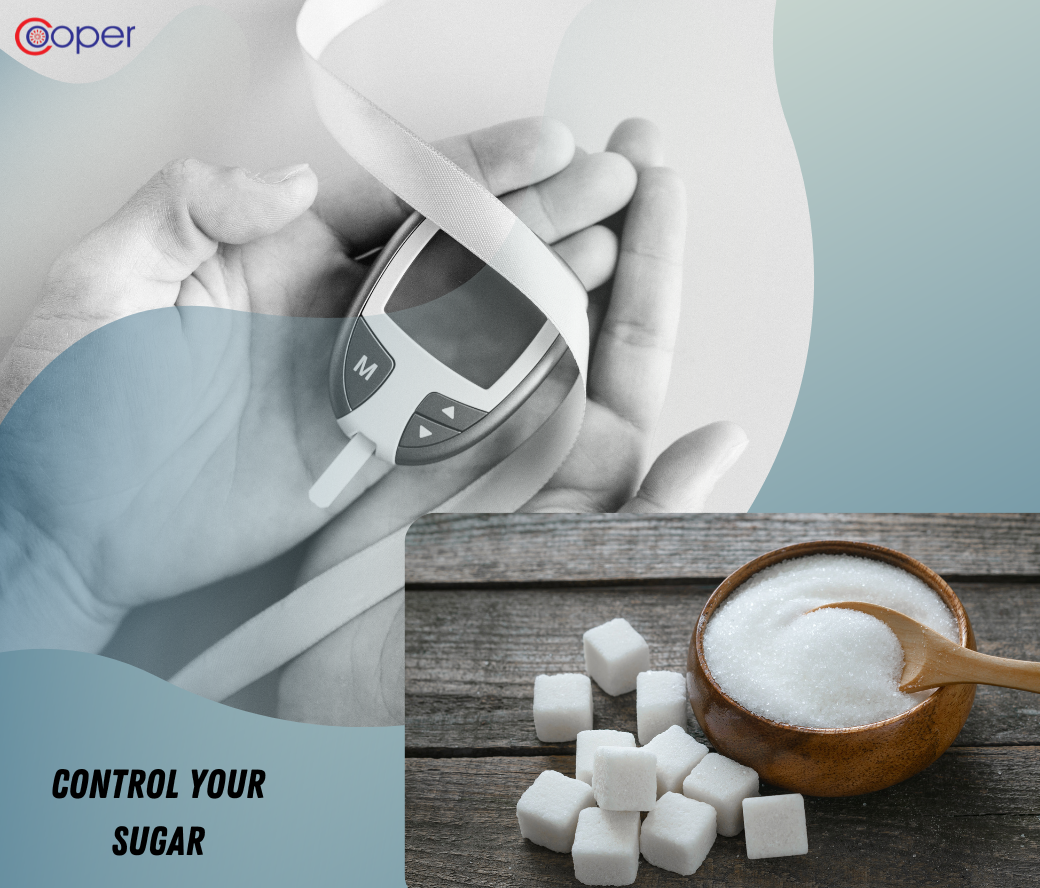




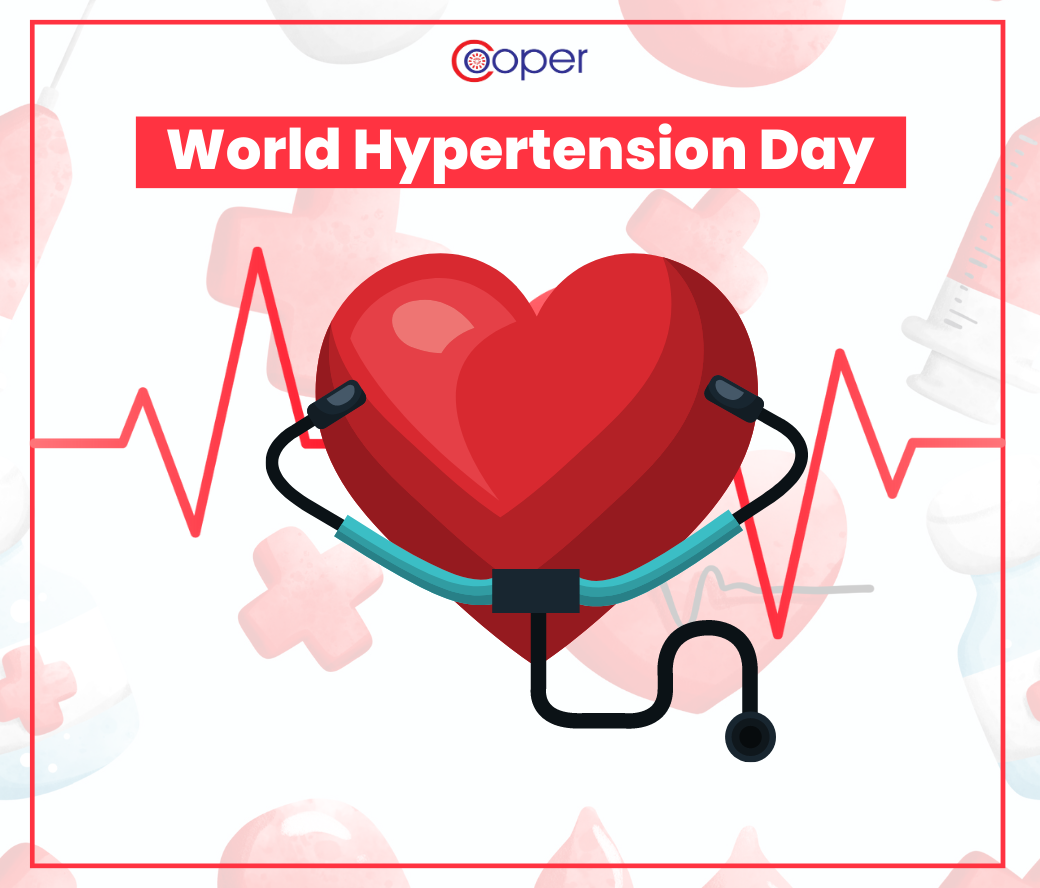
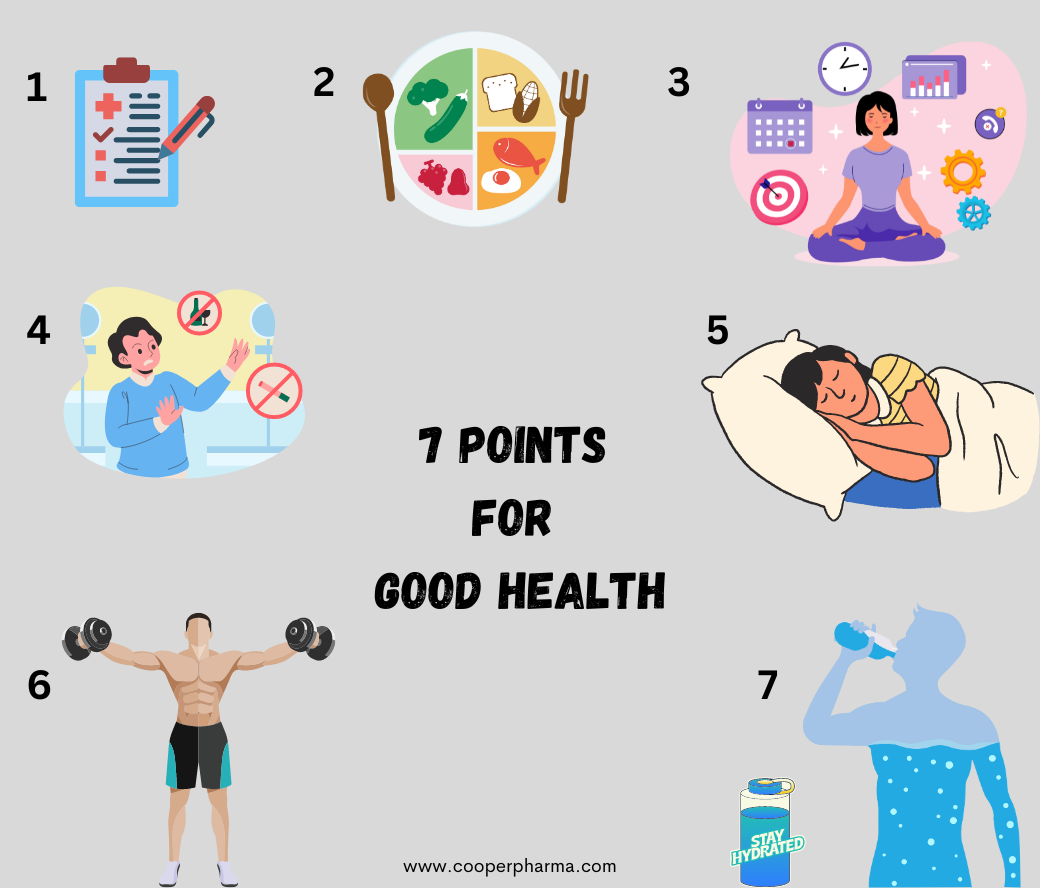






.png)

